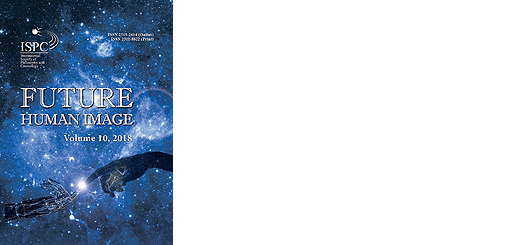Retrospection on Philosophy of Education of Gandhi, Vivekananda and Tagore for Futuristic Indian Education System: A Possibility!
Retrospection on Philosophy of Education of Gandhi, Vivekananda and Tagore for Futuristic Indian Education System: A Possibility!
Author(s): Amita ValmikiSubject(s): Pragmatism, Vocational Education, Higher Education
Published by: Международное философско-космологическое общество
Keywords: education system; primary education; higher education; vocational education; reformation; unity in diversity; transparency; acceptability; tolerance; naturalism; pragmatism;
Summary/Abstract: This article is a search for, if not ideal, at least a decent pedagogy in India. India is at the threshold of modernity and post-modern conflict. From Kindergarten to Post-Graduation (that is from KG to PG) a student is in a state of obscurity and uncertainty. The question is — does India, a land of diversity and great civilization, lack philosophy of education that can be practically workable, vocationally satisfying (to cater the need of large population) and spiritually enriching? The answer is big a ‘NO’. To name a few master thinkers and social reformers who believed that education is the only means to ‘real progress’ that is physical, mental, social and spiritual ascendance — namely Jyotiba Phule, Savitribai Phule, M. K. Gandhi, Sarvapalli Radhakrishnan, Swami Vivekananda, Sri Aurobindo, Rabindranath Tagore, Annie Besant, B. R. Ambedkar and many more. But, still, the education system in India remains in apathy. If not all, at least three of the prominent reformers that I find very impressive are Gandhi, Vivekananda and Tagore. (The order should not be taken seriously.) Their philosophy of education has been very reformative, innovative and apt for Indian culture since India lives in a complicated diversity. Since India lives in her diversity, the education system stands on a very fragile ground. There is a need to rejuvenate the system with transparency, acceptability and tolerance. All three thinkers mentioned in the article have shown one of these or all above three criteria in the realm of pedagogy. Our education system can do wonders if the ‘intentional ethics’ (keeping the axiology in mind) and ‘ethos of the people’ are combined together. Therefore, the future of Indian philosophy of education is not bleak if we transfer these reformists’ ideas in our education system, indeed in new attire that is the need of the time.
Journal: Future Human Image
- Issue Year: 2018
- Issue No: 10
- Page Range: 103-111
- Page Count: 9
- Language: English

